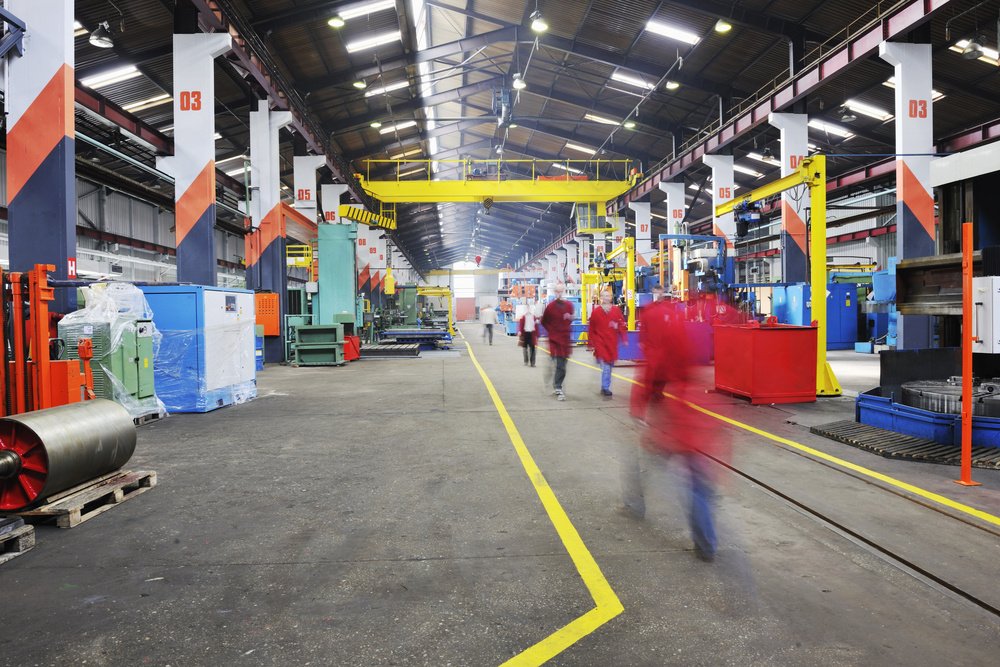 As the world accelerates towards sustainability, the steel industry is on the cusp of transformative change. The emergence of sustainable steel – which includes both recycled and green varieties – is not just a trend, but a revolution in manufacturing practice.
As the world accelerates towards sustainability, the steel industry is on the cusp of transformative change. The emergence of sustainable steel – which includes both recycled and green varieties – is not just a trend, but a revolution in manufacturing practice.
Forecasts show that this segment is poised for significant growth, rising from $329.83 billion in 2023 to a staggering $820.14 billion by 2034. This shift underscores the steel industry’s key role in global efforts to reduce carbon emissions and create a more sustainable future.
A new age of steel: embracing sustainability
The rise of sustainable steel marks the beginning of a new era in steel production. Traditionally one of the most carbon-emitting industries, steel production is undergoing a fundamental shift towards environmental responsibility. As industries around the world adopt greener practices, demand for sustainable steel continues to soar. This trend is driven not only by economic factors, but also by the growing recognition that sustainable steel is essential to achieving global climate goals.
The Green Revolution in Steel: Technological Evolution
The sustainable steel industry is undergoing a technological revolution centered around innovative methods such as hydrogen-based steelmaking and carbon capture and storage (CCS). Hydrogen-based steelmaking, for example, replaces traditional coke with hydrogen, significantly reducing carbon dioxide emissions. In addition, advanced CCS technologies capture and recycle CO2 emissions from steel production, further reducing the industry’s environmental impact.
Leading this green revolution are companies such as SSAB, LKAB and Vattenfall, whose ‘HYBRIT’ steel initiative uses hydrogen instead of coal, dramatically minimizing CO2 emissions. This pioneering approach exemplifies how industry leaders are shaping a greener future for steelmaking.
Innovative startups also contribute to this transformation. Bill Gates-backed Boston Metal is developing a CO2-free steelmaking process called molten oxide electrolysis. With a $50 million grant in January 2024, Boston Metal will further develop this technology, further pushing the boundaries of sustainable steel production.
In addition, electric arc furnaces (EAF) are gaining ground as a more sustainable alternative by recycling steel scrap and reducing environmental pollution and dependence on raw resources. The integration of digital twin technology and smart manufacturing increases production efficiency by enabling real-time monitoring and optimization.
Industry leadership and recognition
In 2024, the World Steel Association recognized 12 companies, including ArcelorMittal, Tata Steel and POSCO, as Steel Sustainability Champions for their commitment to sustainable practices. These companies are setting the standard in the industry, proving that sustainable steel production is not only feasible, but essential for long-term success. POSCO, for example, has intensified its efforts to source low-carbon steel raw materials in Australia, in line with its goal of achieving carbon neutrality by 2050.
Navigating the Green Steel Frontier: Challenges and Opportunities
Although the outlook for sustainable steel is promising, the industry faces significant challenges. High production costs and the need for advanced recycling technologies are obstacles that need to be overcome. However, these challenges also offer opportunities for innovation and growth. Investments in cutting-edge technologies such as CCS and improved recycling methods will be key to advancing the green steel agenda.
As the industry prioritizes environmental responsibility and technological advancements, sustainable steel is becoming a cornerstone of global production and construction. Future growth will be driven by innovation, supportive policies and a commitment to reducing environmental impact.
Building a greener future with sustainable steel
The rise of sustainable steel represents a pivotal shift towards greater environmental protection. A prime example of this commitment is the French government’s €1.7 billion investment in ArcelorMittal’s decarbonisation project, which aims to reduce the company’s carbon emissions in France by 40% by 2030. As the industry evolves, it will play a crucial role in addressing global environmental issues. challenges and meets the requirements of modern production and construction.
With continued development and investment, sustainable steel is poised to lead the way in creating a cleaner, more sustainable world. For a comprehensive understanding of the opportunities, challenges and trends shaping this fast-growing sector, view our full market study.
About the publisher: BIS research is a global market research, research and consulting firm focused on emerging technology trends that are likely to disrupt the market. His team consists of industry veterans, experts and analysts with diverse backgrounds in consulting, investment banking, government and academia.
